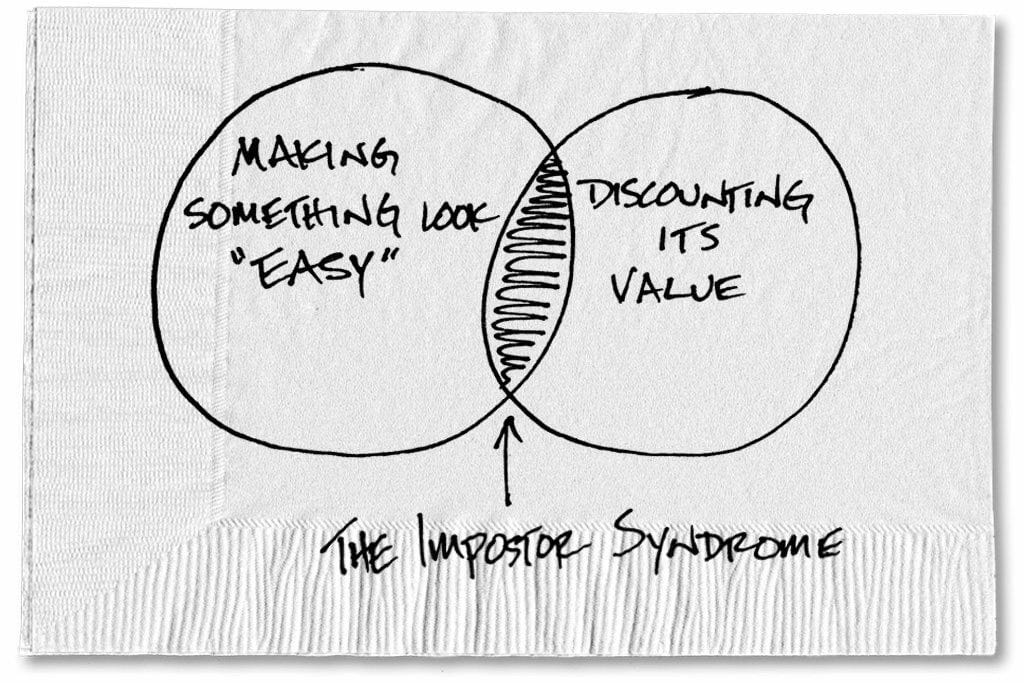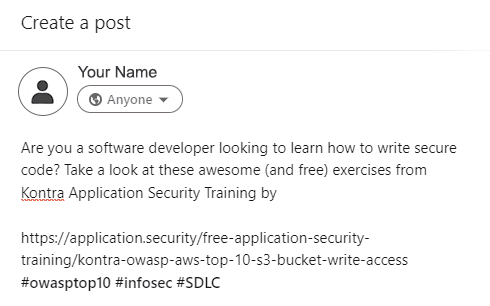Doubting our abilities and thinking any form of praise is unwarranted is a horrible place to be. Rooted in our childhood, we may not know any other way to fuel ambition. You don’t have to feel bad about yourself to succeed. Imposter syndrome and failure schema have their roots in childhood, and they can be eliminated with the right efforts.
Childhood perceptions
As we learn how to talk, walk and eat by ourselves and we gain independence in increments, our parents should cheer us on. At first, we don’t know how to do small tasks, so not every attempt succeeds. But the saving grace is we don’t remember any fear of navigating new tasks or feel stunned by thwarted attempts.
We aren’t supposed to remember all the times we failed at our early childhood tasks. The results speak for themselves. We accept our failures as we reach for success. Much like we did as a child, we can/need to make small efforts during the trial and error phase when learning something new as an adult.
Small efforts make up our personalities and our lives, while failures can build us up and teach us how to accept the uncertainty of our efficiency. We can feel good as we succeed, even if we don’t necessarily feel competent.
Imposter syndrome comes to the forefront
An estimated 70% of people will experience imposter syndrome during their lifetime. Severe self-doubt began being researched in the 1970’s among high-achieving women. Researchers then started identifying the phenomenon in marginalized groups, including the LGBTQIA community, ethnic minorities, and those with disabilities, who were recognized as more vulnerable to imposter syndrome.
Fast forward to today, and social media is aggravating imposter syndrome. Popular psychologists may discuss the syndrome but don’t get granular about what causes it so it can be managed.
You might feel like an imposter at work and/or at home. This can cause you to work harder and sacrifice to the point of anxiety and/or burnout, trying to prove you are worthy.
Parental judgment may follow the child through school as they make friends, explore new subjects and find what they excel at. As self-concepts develop, the child might begin to cope with avoidance. Procrastination may be used to find ways around challenges. They may skip situations that show others what they are capable of.
If a young child doesn’t receive cheering from their caregivers, they may conclude something is wrong with them. This can, unfortunately, take deep root and make a child feel like they will never be good at anything. This perceived incompetence creates a failure schema.
Competitiveness may develop as a coping mechanism for mistaken beliefs, leading to shame, low self-esteem, depression, and anxiety.
Signs of imposter syndrome
- Perceiving trying will lead to failure
- Avoiding situations where there will be a performance review
- Averting doing work in front of others
- Evading tests
- Quitting jobs before your “incompetence” is discovered
- Not putting yourself up for promotion
- Limiting ambitions
- Leaning on procrastination
- Working at a lower level than you’re capable of to avoid being judged
- Cheating to get ahead
- Being anxious when succeeding
- Thinking accomplishments are one-offs
- Diminishing any talents
- Exploring your thoughts, feelings, and actions can help halt imposter syndrome.
Ways to beat imposter syndrome
Look at your childhood through an objective lens. Parents make mistakes and lose control. You may be more forgiving of their past actions as an adult , but you don’t have to be to move forward. Imagine your present-day self comforting or cheering on your younger self. Make a list of moments when you wanted adult support and celebrate your small wins today.
Make a journal entry rewriting your childhood with the support you deserved and how that could have shaped your desired adulthood.
If you need more inspiration, detail how you perceive you are a failure. Now create a vision of a present-day you or a friend/colleague supporting you as you explore these hurts. You can now write a journal entry with this support in mind.
Delve into what triggers you emotionally. Let the feeling pass through you, and recognize that it isn’t true; it is a habit.
A purer form of ambition
Some people use severe self-doubt as a sort of fuel for productivity. Stop confusing feeling wrong about yourself with getting home or work tasks done. Understand that failure is a crucial component of success. Think of yourself as participating in trial-and-error situations rather than life-and-death situations.
The best tip for beating imposter syndrome is to learn that failure is impersonal.
Social media and imposter syndrome
Social media has made imposter syndrome worse. Being a good parent, a great pet owner, mastering time, and cleaning can be bad points of comparison on many platforms. Unrealistic snapshots of an influencer’s life can make it harder to be reassured by our other skills.
- Look at social media that is representative and diverse.
- Remind yourself that no one has it all together, no matter how polished they appear on their feeds.
- Follow influencers who have the same issues as you for diverse, digital support.
- Limit social media intake.
- Find a mentor.
- Toot your own horn every once in a while (online or in-person)!
You’re not alone if you can’t internalize and own your success. Being a perfectionist creates a profound sense of frustration, especially if the goals are not realistic. Small mistakes can lead to big feelings when doubting your competence.
It can lead to not speaking up in meetings, applying for jobs you have been eyeing, or pursuing a certification to upskill yourself in your respective field. Many who suffer from imposter syndrome don’t ask for help because they are so scared to be found out.
Here are 7 ways you can try to overcome imposter syndrome:
- Learn the facts.
- Share your feelings.
- Celebrate your successes.
- Let go of perfectionism.
- Cultivate self-compassion.
- Share your failures.
- Accept it.


